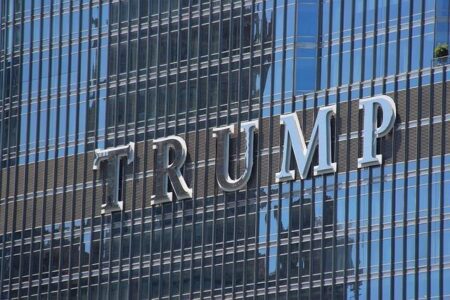Brazilian President Luiz Inácio Lula da Silva has accused the United States of disregarding Brazil’s efforts to engage in negotiations following former President Donald Trump’s announcement of new tariffs. Speaking on the sidelines of a recent international summit, Lula expressed frustration over the lack of dialogue and cooperation between the two nations amid escalating trade tensions. The developments highlight ongoing challenges in U.S.-Brazil economic relations and raise questions about the future of bilateral trade negotiations.
Lula Criticizes US Response to Brazil’s Efforts on Trump Tariff Negotiations
Brazilian President Luiz Inácio Lula da Silva expressed sharp criticism towards the United States for what he described as a lack of responsiveness to Brazil’s diplomatic efforts aimed at addressing the tariff measures announced during the Trump administration. Lula emphasized that despite numerous initiatives and proposals presented by Brazilian officials, Washington has largely ignored these attempts to establish a constructive dialogue and revisit trade barriers impacting Brazil’s economy.
The Brazilian government has outlined several key priorities in its negotiation strategy, which include:
- Removing tariffs affecting agricultural exports
- Establishing a bilateral trade framework for future tariff disputes
- Enhancing cooperation in multilateral trade organizations
| Issue | Brazil’s Proposal | US Response |
|---|---|---|
| Agricultural Tariffs | Tariff removal and market access | No engagement |
| Trade Framework | Long-term dispute resolution | Delayed responses |
| Multilateral Cooperation | Strengthening WTO ties | Neutral stance |
Impact of Tariff Dispute on Brazil-US Trade Relations and Economic Outlook
In recent months, escalating tariff disputes have cast a shadow over the traditionally robust trade partnership between Brazil and the United States. Brazilian President Luiz Inácio Lula da Silva has openly criticized Washington for disregarding Brazil’s repeated efforts to engage in diplomatic talks aimed at resolving the controversial tariffs imposed during the Trump administration. These tariffs, primarily targeting Brazilian steel and aluminum exports, have strained bilateral cooperation and introduced uncertainty in trade flows, with Brazilian exporters facing higher costs and reduced market access in the U.S.
The ongoing tension threatens to ripple through economic forecasts for both countries, particularly in sectors like agriculture and manufacturing. Key impacts include:
- Disrupted supply chains complicating cross-border business operations.
- Reduced competitiveness for Brazilian products in the U.S. market.
- Heightened volatility in commodity prices, affecting global trade dynamics.
- Potential retaliatory measures damaging broader trade relations.
The following table illustrates a comparison of export values before and after the tariffs took effect:
| Year | Steel Exports (in billion USD) | Aluminum Exports (in billion USD) | ||||||||
|---|---|---|---|---|---|---|---|---|---|---|
| 2017 | 4.2 | 1.5 | ||||||||
| 2018 | Experts Urge Renewed Diplomatic Dialogue to Resolve Tariff Conflicts
Top international relations experts emphasize the urgency of revitalizing diplomatic channels between Brazil and the United States following recent tensions over trade tariffs. Brazilian President Luiz Inácio Lula da Silva accused the U.S. of dismissing Brazil’s sincere efforts to engage in productive negotiations regarding the tariffs imposed during the previous administration. Analysts suggest that without a cooperative framework, both nations risk escalating economic frictions that could ripple through global markets. Key recommendations from experts include:
Final ThoughtsAs tensions over trade policies continue to shape relations between the United States and Brazil, President Lula’s remarks underscore the challenges faced in diplomatic negotiations. With Brazil seeking a reconsideration of the tariffs announced during the Trump administration, the coming weeks may prove critical in determining the future of bilateral economic cooperation. Observers will be watching closely as both nations navigate these complex discussions. |




